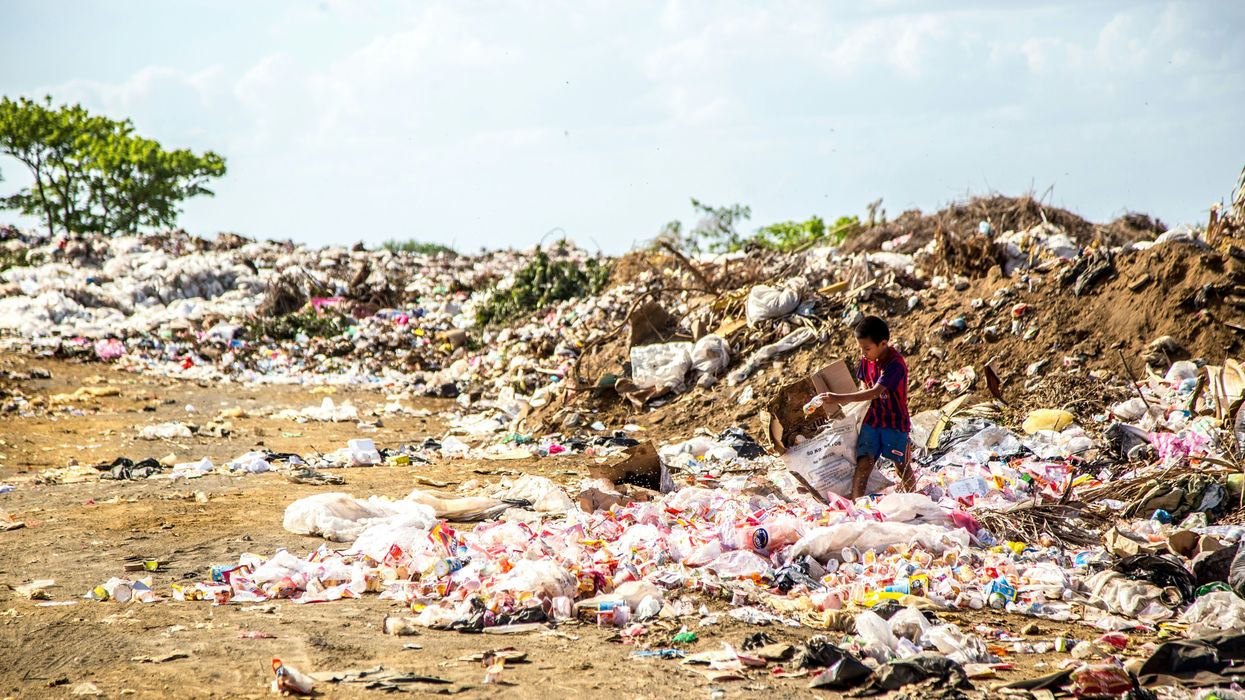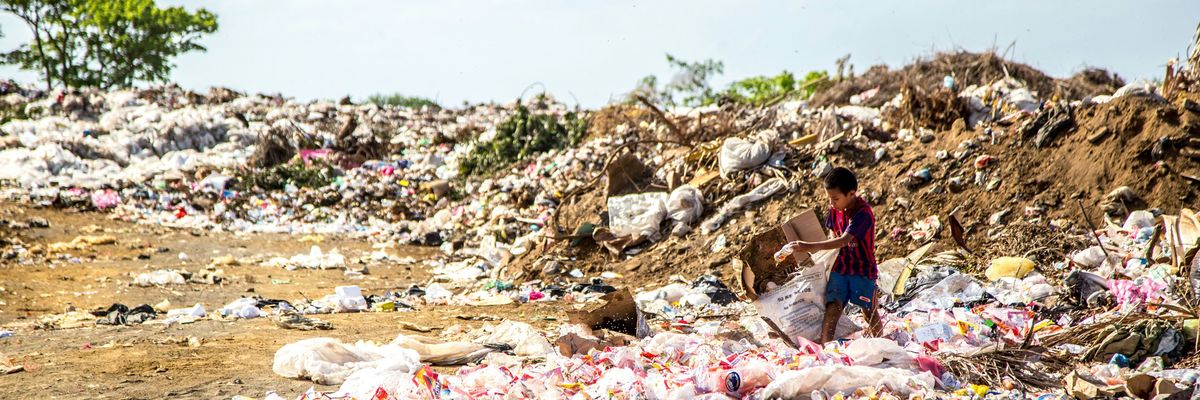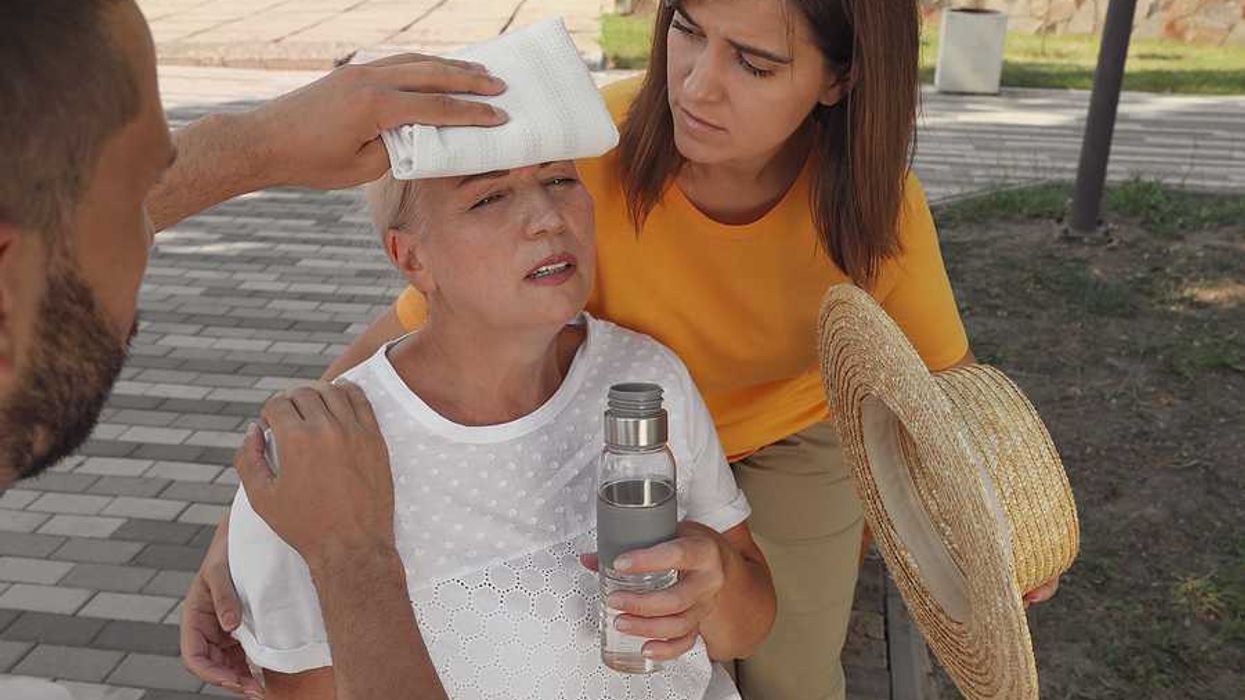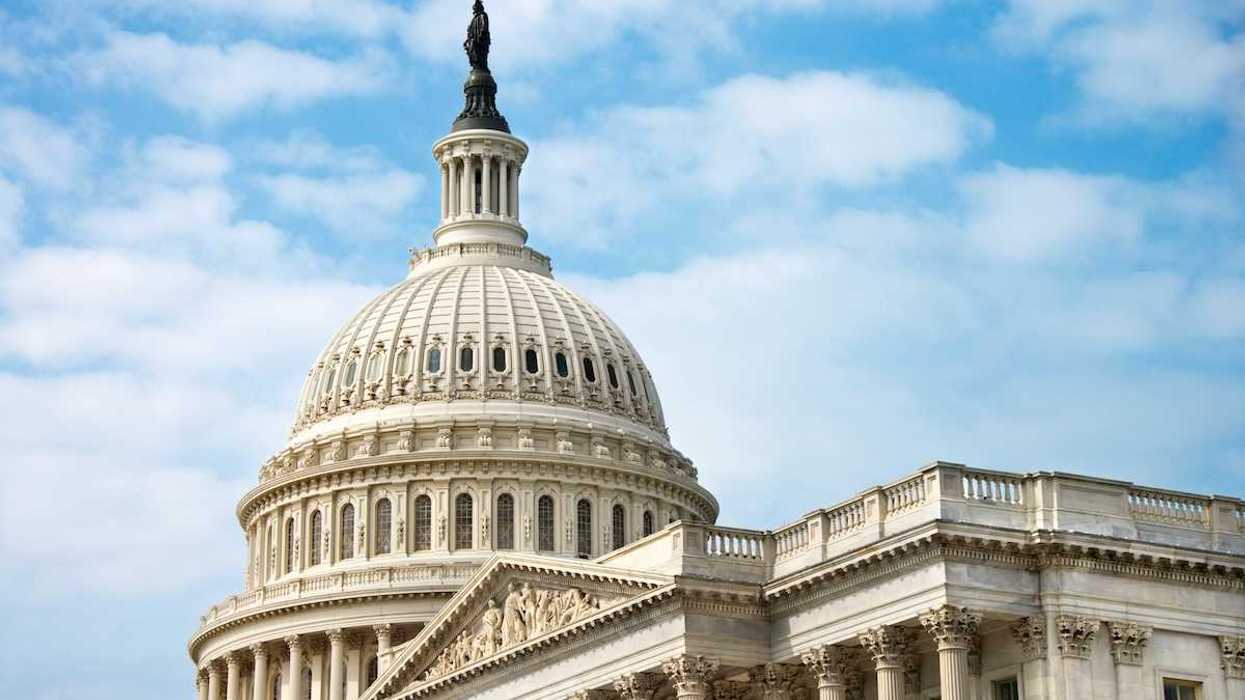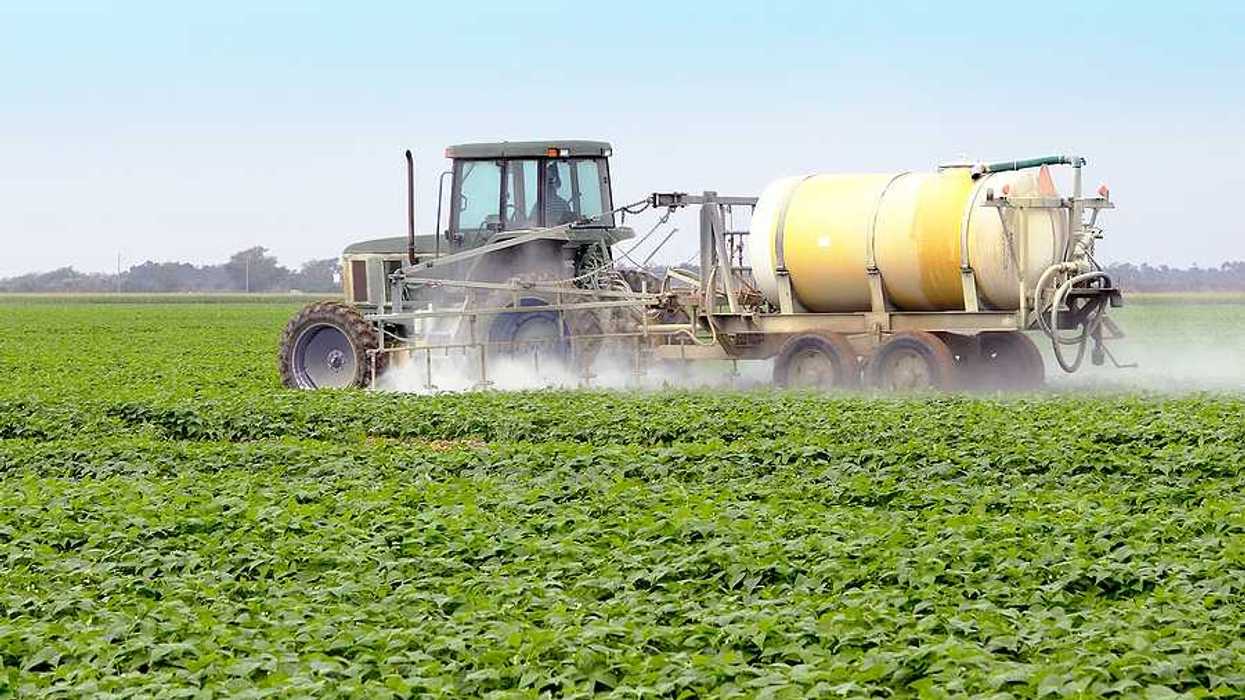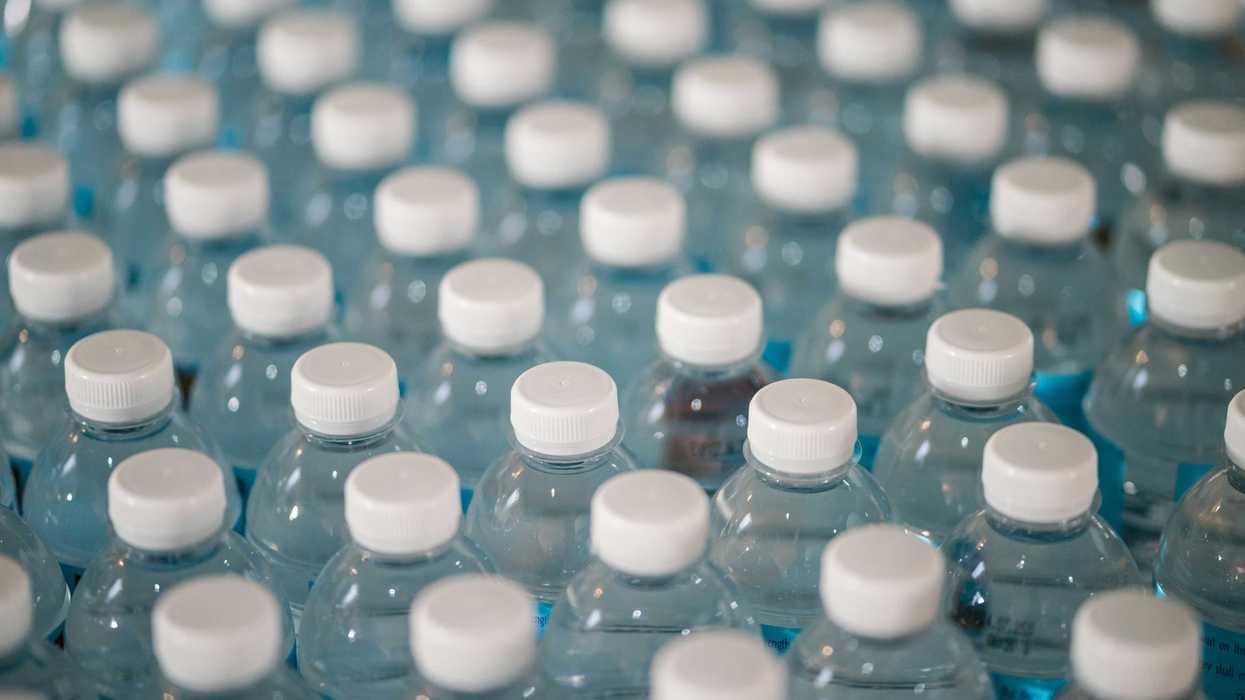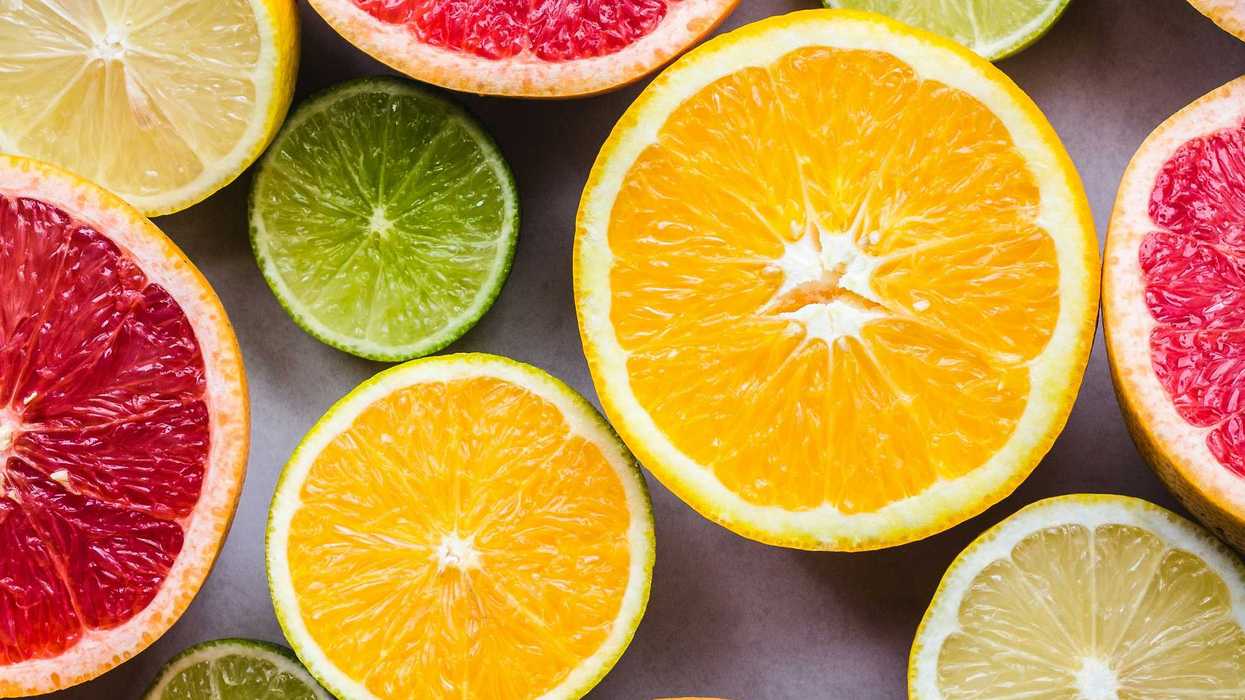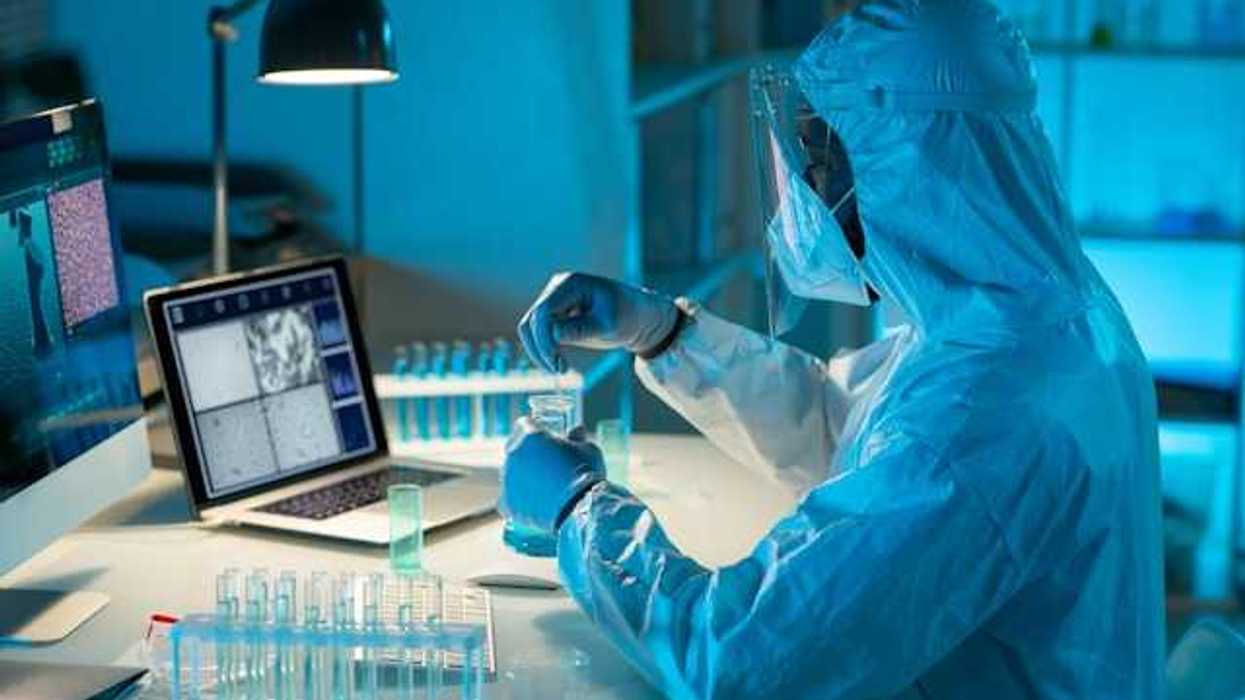A group of international scientists have published a report in Science of the Total Environment declaring plastic pollution “one of the greatest environmental threats” and outlining their recommendations for how to strengthen the UN global plastics treaty.
In short:
- The authors call for a holistic approach that focuses on reducing plastic production, simplifying plastics’ chemical ingredients, and prioritizing human rights issues.
- They also call on the UN to create transparency and accountability by requiring plastic manufacturers to disclose information on the chemicals included in their materials.
- The authors emphasize that without limitations on the production of new plastics, the treaty will not be effective in combating pollution.
Key quote:
“The right to a clean, healthy, and sustainable environment must be upheld, and thus it is crucial that scientists, industry, and policy makers work in concert to create a future free from hazardous plastic contamination.”
Why this matters:
Negotiations of the UN global plastics treaty are approaching a critical juncture as delegates prepare to attend the fifth negotiating conference in November. So far, the process has been hampered by the significant gap between the treaty’s goals and some member states’ attempts to minimize its regulatory strength. The authors of this study highlight how the treaty could be a meaningful tool for reducing toxic exposures and protecting human health, as long as it’s built on a foundation of current science.
Related EHN coverage:
- Op-ed: A plastic recipe for societal suicide
- “Plastic will overwhelm us:” Scientists say health should be the core of global plastic treaty
- Opinion: Pete Myers discusses the "Health Scientists' Global Plastic Treaty"
More resources: The Scientists’ Coalition for an Effective Plastics Treaty (whose members published this paper) is an international network of independent scientific and technical experts created to ensure the Plastics Treaty is based in accurate and up-to-date science. Their website includes fact sheets, policy briefs and other resources on the environmental and health effects of plastics.
Brander, Susanne et al. for Science of the Total Environment vol 949, 1. Nov. 2024
- Weeklong negotiations for landmark treaty to end plastic pollution close, marred in disagreements ›
- Plastic pollution is everywhere. What can we do about it? ›
- Jane Muncke: "Perils of Plastic Packaging” ›

